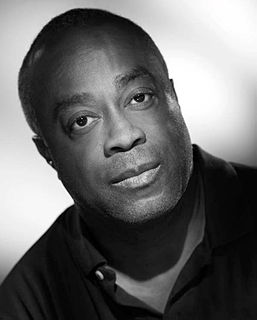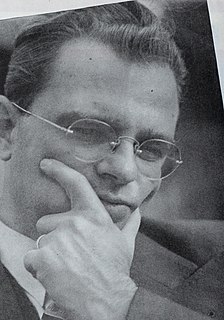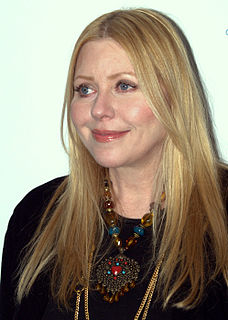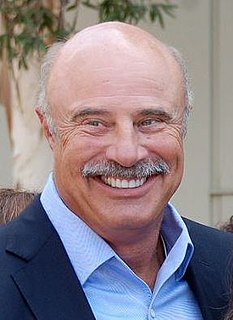A Quote by Anthony de Mello
In many ways we were drugged when we were young. We were brought up to need people. For what? For acceptance, approval, appreciation, applause.
Related Quotes
I was a young feminist in the '70s. Feminism saved my life. It gave me a life. But I saw how so much of what people were saying was not matching up with what they were doing. For example, we were talking about sister solidarity, and women were putting each other down. We were talking about standing up for our rights, and women weren't leaving abusive relationships with men. There were just so many disconnects.
We can't go on forever with 11 million people living in this country in the shadows in an illegal status. We cannot forever have children who were born here - who were brought here by their parents when they were small children to live in the shadows, as well... What's changed, honestly, is that there is a new appreciation on both sides of the aisle, maybe more importantly on the Republican side, that we need to enact a comprehensive immigration reform bill.
Coming from the South and growing up in L.A. where it was so segregated - worse than the South in many ways - all the people in my neighborhood were from the South. So you had that Southern cultured environment. The church was very important. And there were these folk ways that were there. I was always fascinated by these Southern stories, people would share these mystified experiences of the South. I wanted to talk about folklore.
How many people have gotten older and forgotten about the things they hoped for and dreamed about when they were young? Or given up without ever taking a chance, or settled in life because it's easier, or they're scared, or whatever other excuses? How many people need a reminder of who they once were?
Not only was Dan Cooper likely an alias, but many people suspected at the time were people living under assumed names. The '50s and '60s were a time when some people were desperate to leave their lives. They felt trapped in their marriages or their jobs, and they were seeking freedom. And one of the ways to do that, because technology wasn't advanced as it is today, was just to take over somebody's name.
All those people who went out [to Occupy Wall Street] missed work, didn't get paid. Those were individuals who were already feeling the effects of inequality, so they didn't have a lot to lose. And then the individuals who were louder, more disruptive and, in many ways, more effective at drawing attention to their concerns were immediately castigated by authorities. They were cordoned off, pepper-sprayed, thrown in jail.
It just struck me as really odd that there were all of these conversations going on about what young women were up to. Were young women having too much sex? Were young women politically apathetic? Are young women socially engaged or not? And whenever these conversations were happening, they were mostly happening by older women and by older feminists. And maybe there would be a younger woman quoted every once in a while, but we weren't really a central part of that conversation. We weren't really being allowed to speak on our own behalf.
There is a lot of sixties-bashing going on these days that I don't agree with at all. I feel that extremely important ideals were brought to the forefront of the collective consciousness at that time. Granted, drug use was so pervasive that our generation did not as a group have the capacity to manifest our ideals to any great extent. But many of the people who were young in the sixties and who were most touched by that collective ethos are still touched.
The number one need in all people is the need for acceptance, the need to experience a sense of belonging to something and someone. The need for acceptance is more powerful in your family than anywhere else.... If that need is not met by your family, trust me, your kids will go elsewhere to seek it in order to find approval and acceptance.






































